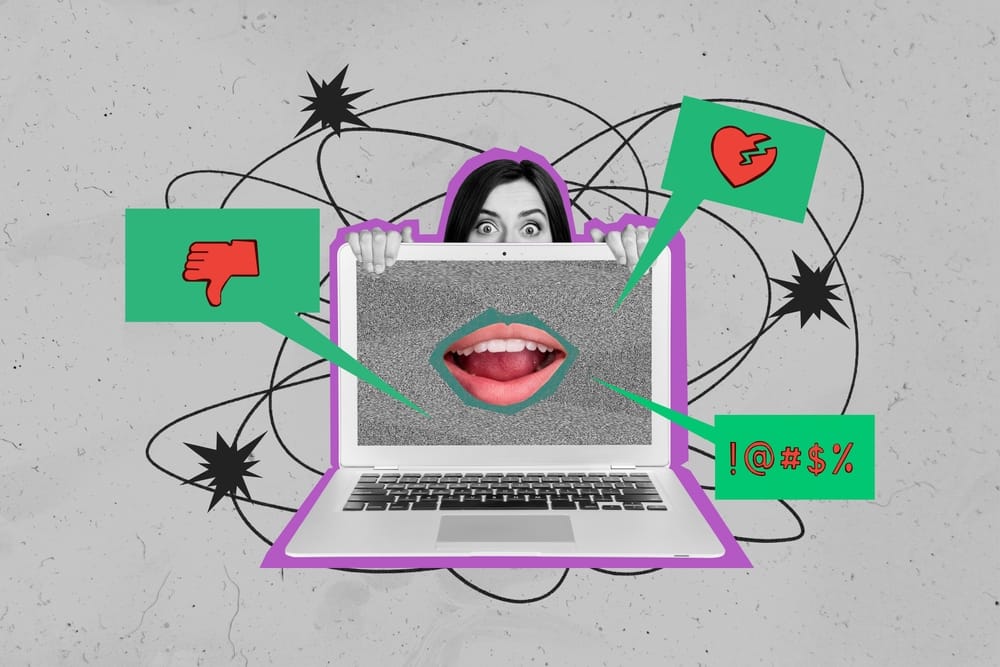
Whose needs do we serve ?
“…if mental health services are not based upon, defined by and responsive to community need, then whose needs do they serve?”
In 1996, I wrote my first paper related to my new career in the mental health sector. It was idiosyncratically titled “The Zen of Mental Health”. The last paragraph posed the rhetorical question above. Thirty years later, the question is no longer rhetorical, but urgently valid.
My premise for such a claim is that:
- The world has transformed exponentially since 1996. However, the same cannot at all be said for how we respond to poor mental health in our communities.
- The report of the 2018 Ministerial Inquiry into Mental Health and Addiction (He Ara Oranga) drew two seminal conclusions that now deserve to be read as a damning indictment of our current approaches:
a. “New Zealand’s mental health and addiction problems cannot be fixed by government alone, nor by the health system.”
b. “We can’t medicate or treat our way out of the epidemic of mental distress and addiction...”
In spite of such unequivocal assertions, we press on with a status quo. In my bleaker moments I actually find it hard to recognise too much substantive in the last 7 years that has occurred in direct response to these conclusions – even to have someone say “I disagree…” would be progress!.
- The last few years have seen the mental health system increasingly described as being “broken”. And finally…
- In February 2024 the Auditor-General published a review of the mental health needs of young people in New Zealand. He acknowledged that the “determinants of, and supports for, young people’s mental health and wellbeing are broad. Not all the answers to the mental health needs of young people will lie in a mental health services”.
The challenges of cost and availability
In the UK an article in The Times raised concerns of National Health Service (NHS) chiefs that the public were losing patience with the organisation. The support of the population, you would have to say “taken for granted” ever since the inception of the NHS, is now at risk of disconnection. This after years of multiple governments addiction to changing priorities, plans, inquiries, reviews, reports, increasing funding, further plans, … all of which seem to fade very quickly into history. A familiar, cyclical strategy we have adopted in Aotearoa New Zealand.
Radical thinking hits the wall
In Aotearoa New Zealand our health budget is around $37.7billion; that equates to just over $700 per person. We are in a world where we always want more money. As affronting as this may be, at some point we need to understand that we’ve got what the country can afford to give us. 2 + 2 really does only equal 4. Our future is about the need to get better value for that money; lifting productivity – doing more, as an outcome of doing relevant things properly – every time. Current approaches, thinking, practices and “models” around delivery of “healthcare” may just no longer be sustainable nor relied upon.
And this goes particularly for mental health. My first sense of this goes back to 1997. The late Dr. Peter McGeorge conducted a review of acuity levels of people using inpatient services. One finding was that “At least 40% of the people in acute inpatient units did not meet clinical necessity standards for requiring inpatient care…”
Nearly 25 years later, in 2020, the Chief Ombudsman visited one inpatient unit and reported on a number of patients remaining there who did not require inpatient care. One person had been there for up to 17 months). This was consequent to a (not unreasonable) policy of not discharging patients into homelessness…
Let's scale inpatient alternatives
Shifting resources to the community isn’t just about tangible, physical re-location of resources. It is also one of mindset. My question again. Who are we here for; whose needs are we looking to respond to? In May we heard about horrific statistics of preventable, systemic violence against women and girls in this country. We heard how 63% of victims of maternal suicide had a police recorded family violence history. This is stuff we know. At what point do we regard this as a national crisis and human rights violation?
Returning to young people. A report was published in the UK last year that indicated the number of young people not in education or work because of ill-health had doubled in the past decade. 42% had indicated that a mental health problem was their main barrier – more than any other category.
The article in The Times further posed the question: how much of the UKs worklessness problems are evidence of a neglected mental health crisis? How relevant is (or will be) the UK experience to us in Aotearoa New Zealand? What can we learn from them?
As He Ara Oranga concluded, it is now, more than ever, critical that we not over-medicalise problems where inappropriate and to focus more on the practical barriers that people face and that often exacerbate their conditions. Things like the quality of work, housing, exposure to violence, racism, drug misuse and abuse, loneliness, issues with caring, financial pressures... And dare I say it, the 21st Century manifestations of colonialism – marginalisation, meaning, identity… that are still so quickly dismissed as irrelevant, mainly by those who have never experienced it.
These are now more commonly the realities for people struggling to live their lives. These are realities that exist and are experienced in communities; their resolution also abides in those communities. Do we in fact believe that communities n fact have the wisdom to contribute to and resolve their own problems… if there was a greater willingness on the part of state institutions to partner and share resources?
Don't roll with it
In the 1950s Albert Camus wrote an essay called the “Myth of Sisyphus”. Sisyphus was a creature punished by the gods to continuously push a large boulder to the top of a hill, only to have it roll back down again, for eternity. The gods had determined that there was no greater punishment than that of meaningless work.
Disrupt!
During the last decade mental health services in Aotearoa New Zealand have been required to replicate the labours of Sisyphus. We recognise things aren’t right, hold an inquiry, write a report, develop a high-level plan, create an implementation plan. We feel hopeful and optimistic as we begin to see the top of the hill and push harder to ensure that this time, we will achieve our goal. But then the shoes we have been provided lose their grip. The essential resourcing, courage and leadership to achieve the goal is rarely provided for... Inevitably we become disoriented (some become dis-illusioned and disappear overseas), we lose our cohesion, we lose our grip and our rock rolls back down to the bottom of the hill.


